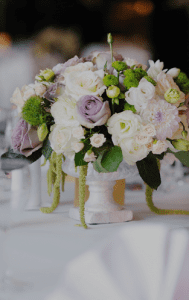 Congratulations! You’re getting married!
Congratulations! You’re getting married!
It can feel overwhelming at first, especially when everything is new! Here are some wedding planning tips to help you get started, keep your sanity, and keep things in perspective.
-
Hire your officiant
I’m emphasizing doing this first because, after all, this is the one person who can make your wedding legal. Everything else falls into the decorations and party categories. It’s just a party without the legality in place!
How do you know what you want in an officiant?
It depends! If you’re getting married in a place of religious practice, such as a church or temple, you will likely have your own clergy officiate your wedding.
If you’re getting married somewhere else, whether it’s outside in a park, in a big ballroom, a small civic center, your house, or at an historic site, you might need to find a wedding officiant to come to the venue you choose.
You might want a certain “feel” to your wedding. For instance, you might think of “elegant,” or “poetic,” “romantic,” or “fun” when you describe how you want your wedding to represent you as a couple. Everything is possible!
Legally, you need to affirm that you wish to be married, and a licensed officiant must sign and return your Wedding License. That’s it. That means that your ceremony is completely customizable to what you want as a couple! Fun!
Whether you want a formal, traditional sort of wedding, or something with poetry, song, and some truly memorable elements, your wedding officiant is the person who can make your ceremony uniquely yours.
Some officiants have templates for you to choose from. Others will completely customize your ceremony based on your wishes, and your story. Some will offer extra services such as premarital counseling, an office to get married in, or conducting your wedding rehearsal.
Be sure to discuss with each other how you envision your ceremomy, and then seek out an officiant that will meet your needs and your budget.
Although your ceremony will likely be only about 20 minutes of the entire wedding day, it’s important enough to choose the right wedding celebrant to conduct it for you.
Questions about how I can help you? Just contact me! I’m happy to hear from you!

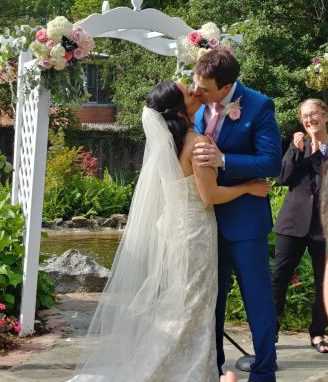
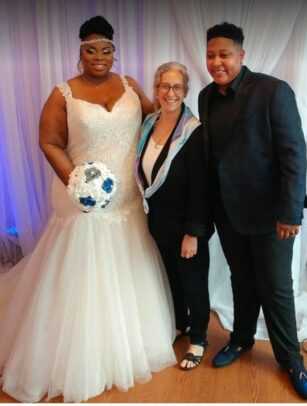
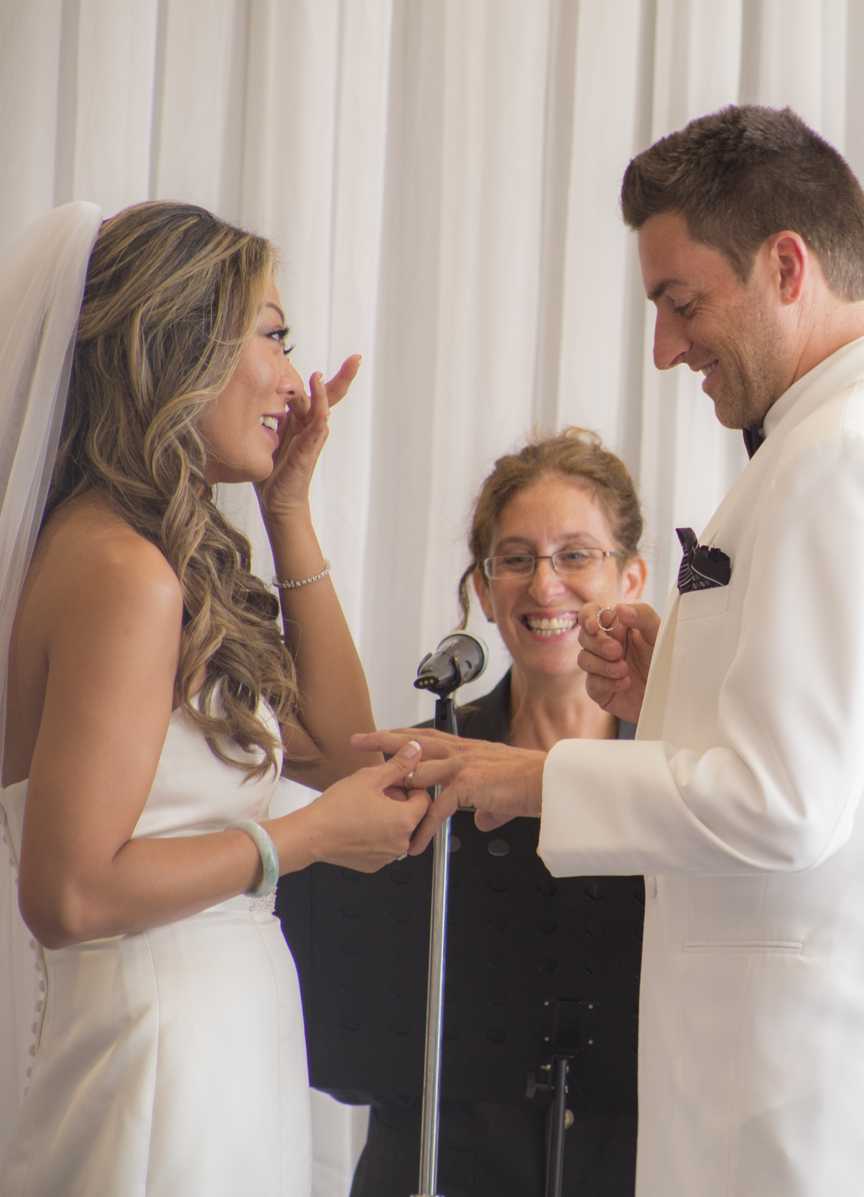
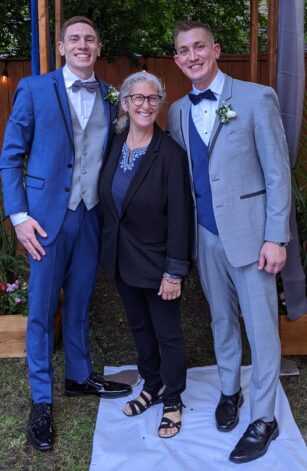
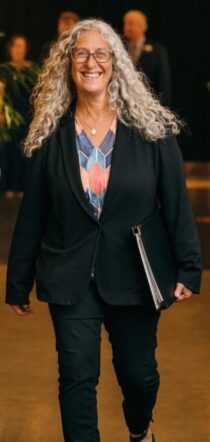
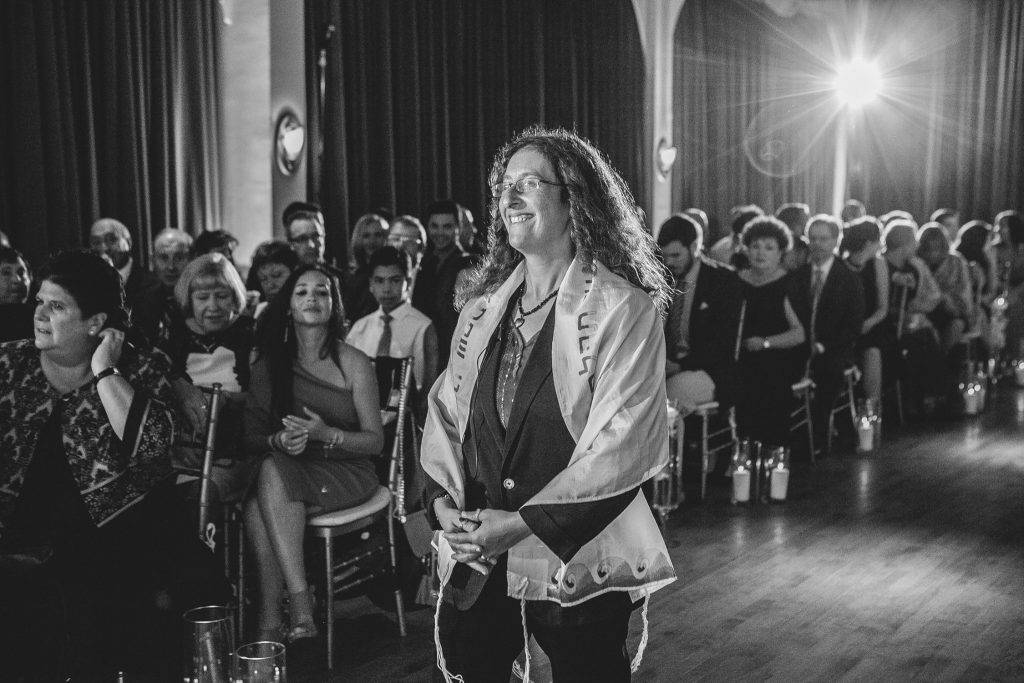 At this point, I’ve officiated more than 60 weddings, with many more to come this year. I’m also starting to get booked for 2018, so that’s exciting!
At this point, I’ve officiated more than 60 weddings, with many more to come this year. I’m also starting to get booked for 2018, so that’s exciting!